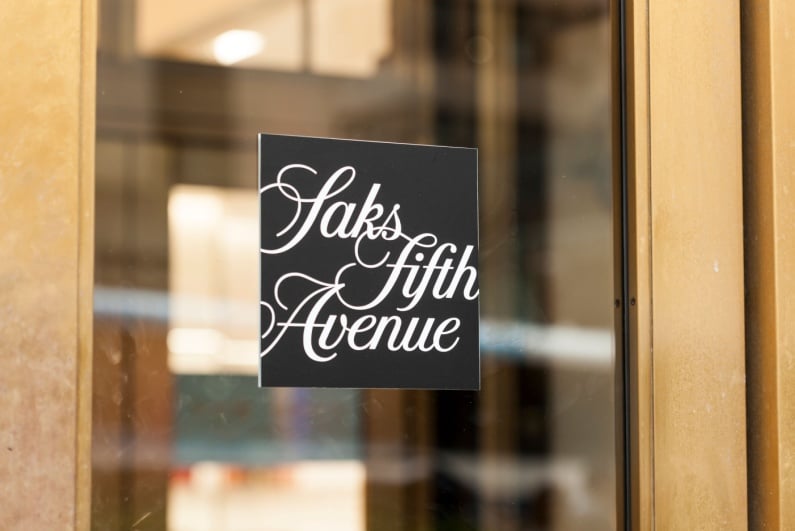Call for public assistance
The Advertising Standards Authority (ASA) in the United Kingdom is calling on the public to assist in reporting concerning gambling ads.
During the COVID-19 crisis, gaming operators are pushing advertisements that the ASA says are in breach of advertising rules. The watchdog hopes to see the reporting process work in catching ads related to COVID-19 and action taken against those who are pushing irresponsible messaging.
To see such advertisements come to an end, the ASA is working with the UK Gambling Commission (UKGC). The goal is to identify issues and then enforce compliance.
Gambling industry under scrutiny
During the COVID-19 pandemic, the gambling industry is under particular scrutiny. The ASA is concerned about the frequency and wording of ads.
The UK’s lockdown has created a captive audience, according to the watchdog. People are worried about the future and many are facing financial issues at this time. The ASA feels that players may use gambling as an escape during their current situation. In a statement, the ASA said:
Such vulnerabilities heighten risks associated with gambling.”
As a result of the national lockdown, the ASA has started a reporting process for COVID-19 related gambling ads. The group wants to see regulators notified of any ads that breach gaming rules.
The public is being encouraged to report gambling ads that talk about the pandemic or anything related, such as the lockdown in general. Ads that talk about boredom during the pandemic or personal problems should be reported.
According to the ASA, ads such as this would be concerning in ordinary times. However, the concern is exacerbated during the pandemic and the watchdog will take firm action against those using the current situation to promote their services.
Monitoring based on context
The ASA will be looking at gambling advertising and considering the context of ads in relation to the crisis.
The ASA will also remain focused on protecting children at this time. In 2019, the group used avatar technology to review ads within a simulated version of a browsing profile for a child. They will do the same this year to ensure compliance.
Doctors call for online gambling ban
At the same time as the ASA is calling for advertisement assistance, leading UK doctors are asking for all forms of online gambling to be banned.
A group of doctors published a letter in The Times expressing their concerns about how the lockdown will affect people now that they have so much spare time on their hands and not enough distractions.
UK doctors are asking for all forms of online gambling to be banned
Among those seeking the ban include Royal College of Psychiatrists president Wendy Burn and British Medical Association chair Dr. Chaand Nagpaul. The concern is that while isolation is taking place, an increase in problem gambling will occur. The UK already has 500,000 people with a gambling problem.
The Betting and Gaming Council (BGC) responded to the letter sent to The Times, stating that there is no evidence to support the ‘alarmist calls’ to ban online gambling. The group stated that levels of gambling have dropped during the pandemic.




